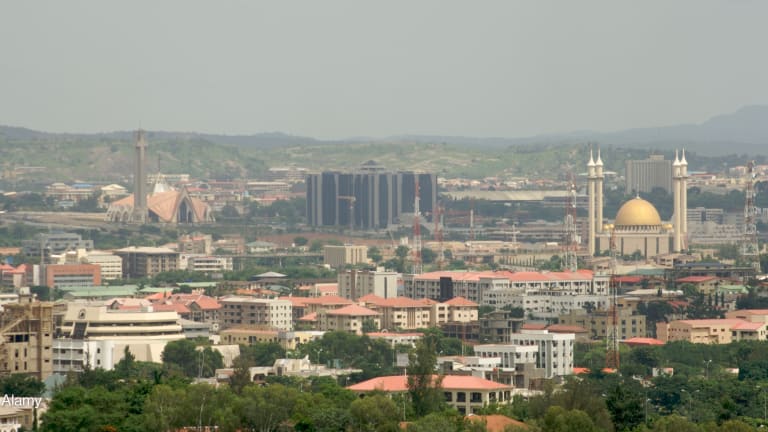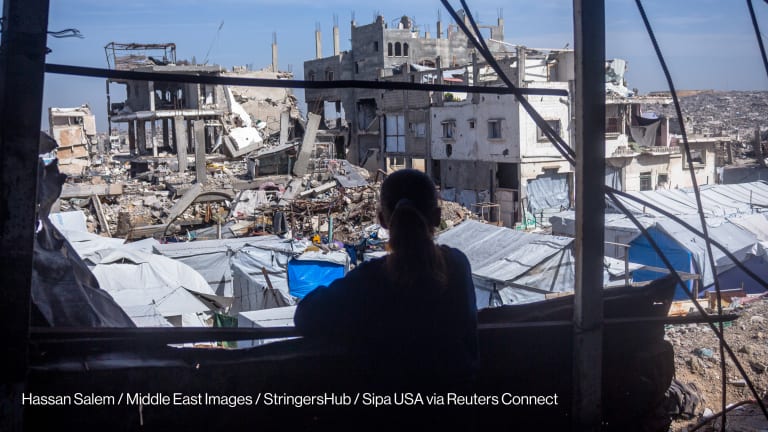Ebola in DRC: NGOs organize to coordinate community engagement work
NAIROBI — NGOs responding to the Ebola emergency in the Democratic Republic of the Congo have formed a consortium to improve information sharing and coordinate their work on community engagement.
"The idea with this consortium is that we share all of our data, analysis, and strategies to be more efficient and to reach more communities," said Pauline Schibli, Ebola programs director at Mercy Corps, which is leading the consortium. Its activities are due to start this month.
Community engagement has been one of the toughest challenges of the response to the current Ebola outbreak, including attacks on health workers and treatment centers, and patients refusing the vaccine.
This story is forDevex Promembers
Unlock this story now with a 15-day free trial of Devex Pro.
With a Devex Pro subscription you'll get access to deeper analysis and exclusive insights from our reporters and analysts.
Start my free trialRequest a group subscriptionSearch for articles
Most Read
- 1
- 2
- 3
- 4
- 5








